Each person experiences their battles differently from yours.
She is a teenager from the years of her generation.
Nada starts singing because she thinks it is a cure for her mother's illness and has a complex relationship with music.
But along the way she understands that music is a means to express all the feelings she feels. "So Tecla Insolia lends her face and voice to the great artist Nada in the TV film that we will see on Rai1, on March 10 in prime time, after the Festival of Sanremo (where Tecla announced he will be a guest), "The girl who did not want to sing".
Freely based on the book "My human heart", in which the singer talks about her adolescence and her great success, totally unexpected and even unwanted.
The direction of this story is by Costanza Quatriglio who had already made a documentary from the book.
The TV Movie traces Nada's troubled childhood, from birth in a small town in the Livorno area, to her beginnings as a singer.
The story, produced by Picomedia in collaboration with Rai Fiction, wants to be a tribute to the singer, who in '69, barely 16 on the stage of Sanremo, interpreted the song Ma che cold fa, non vince but the song becomes a catchphrase.
He tries again and in 1971 he triumphs at the Festival.
The applause of critics and the public consecrates it in all respects as an artistic and musical phenomenon destined to leave its mark on the discography, including internationally.
Carolina Crescentini plays her mother Viviana, prey to frequent depressive crises "she cannot feel the love around her. She entrusts Nada's talent with the hope of a social, but above all existential, redemption; she wants happiness, and it is in this search, in the 'yearning for something that he feels unattainable, that his efforts are being made ".
Why is it called The Little Girl Who Didn't Want to Sing?
The meaning of the title is quite intuitive.
Nada doesn't want to sing, but she learns to sing thanks to her mother's insistence.
"In the moments when she does not fall into depression - explains Crescentini - she encourages her daughter to cultivate the gift of her wonderful voice. Viviana is a very complex woman. She needs all the way to understand what it means to be a mother. Thanks to music Nada can have a better life, and redeem herself Even when she is at the mercy of drugs she is a woman who loves her baby ".
Nada sent a video message: "I'm the little girl who didn't want to sing. Years ago I wrote my first novel, My Human Heart. It's about my childhood, and the world I grew up in. I wrote it because I had to leaving my country and I no longer met the important people in my life. Growing up I felt more and more the connection to my roots. I saw the film I really liked compliments to all the protagonists ".
Adds Tecla: "The story of this character is troubled. I like the fact that in some scenes he is sad, but while he sings you become happy. I found many similarities with my life experiences, even if lived in different eras".
When Sister Margherita (Paola Minaccioni) discovers Nada's talent for singing, the little girl is convinced that only her prodigious voice can heal her mother.
In the background, the family: grandmother Mora, sister Miria, father Gino, a good and silent man, and the singing teacher Leonildo (Paolo Calabresi) .A curiosity is that Crescentini's husband is Francesco Motta, singer-songwriter who participated in the Sanremo Festival in 2019 with the song Where is Italy.
During the evening of the duets Motta performed with Nada on the notes of that same song and the two triumphed, winning that evening's victory.
Paolo Calabresi (Leonildo, Nada's music teacher) "plays a misfit, melancholic, but he has a mission. All the characters suffer a lot, but then find redemption".
Finally, Paola Minaccioni, who plays a nun, the first to notice Nada's talent as a child, speaks "The nuns in the 60s had a more active role, almost as social workers. A character who finds the divine in Nada, and communicates it to the his family".
The director points out: "both Viviana, the teacher and Sister Margherita feel and transfer the desire for redemption for Nada. And this feeling becomes universal".
At the same time, Nada is afraid of losing her mother.
To those who ask Crescentini and Calabresi if they will be part of the cast of the new Boris, the actress replies that she does not know much.
More direct Calabresi: "If they don't call us we'll shoot them" ironically.
So: "Boris is done, done."
sentences.
Another question to Tecla about the emotions on the Sanremo stage she faced more or less at the same age as Nada: "The emotions of course cannot but have been different.
We have different paths, different life situations. And we live in different eras. But the Sanremo stage helped me in my work, I tried to give my best. It's impossible to make comparisons, come on ".

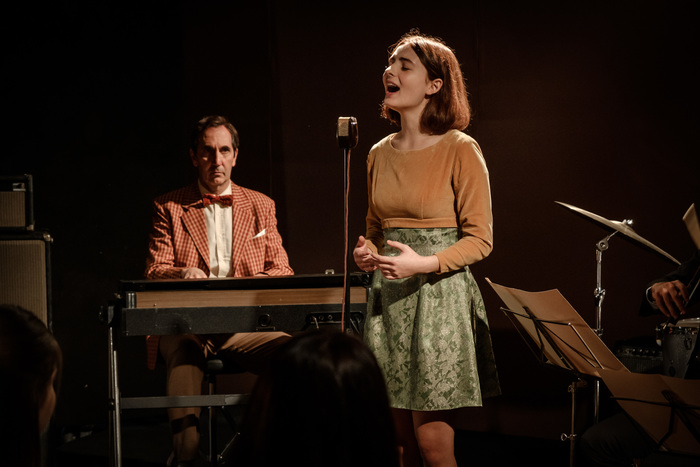
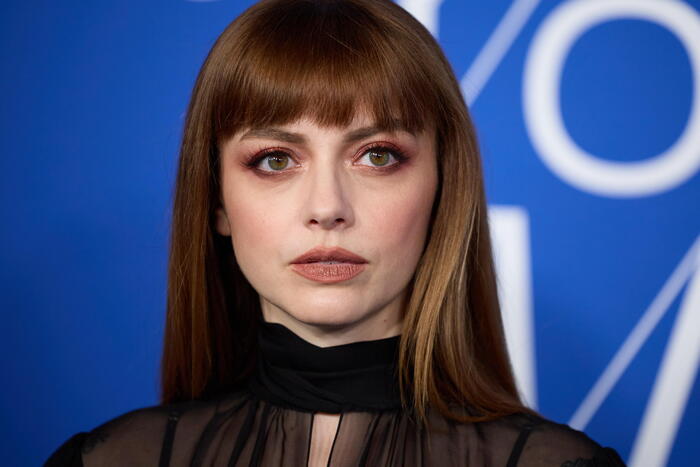
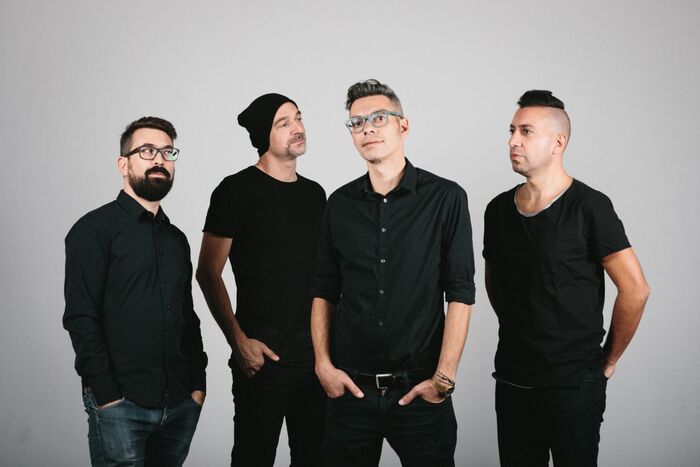
/cloudfront-eu-central-1.images.arcpublishing.com/prisa/44EDHP4AVBFKXNYRQGFCZUX7LQ.jpeg)
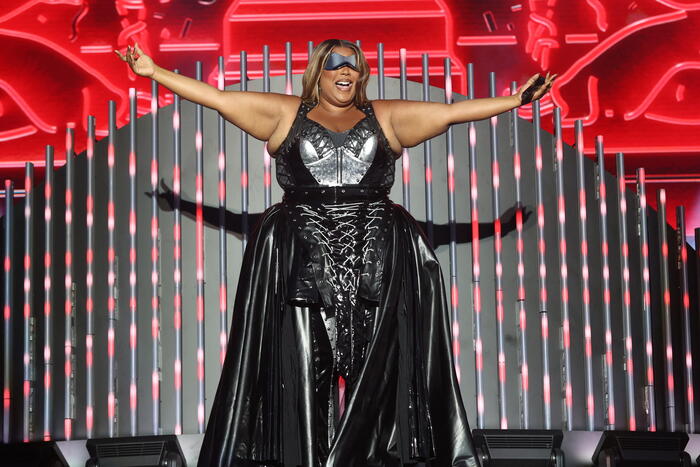
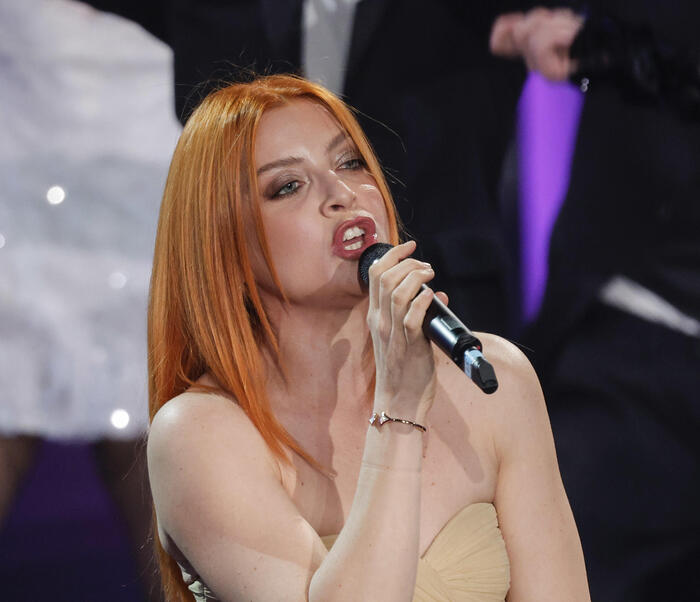

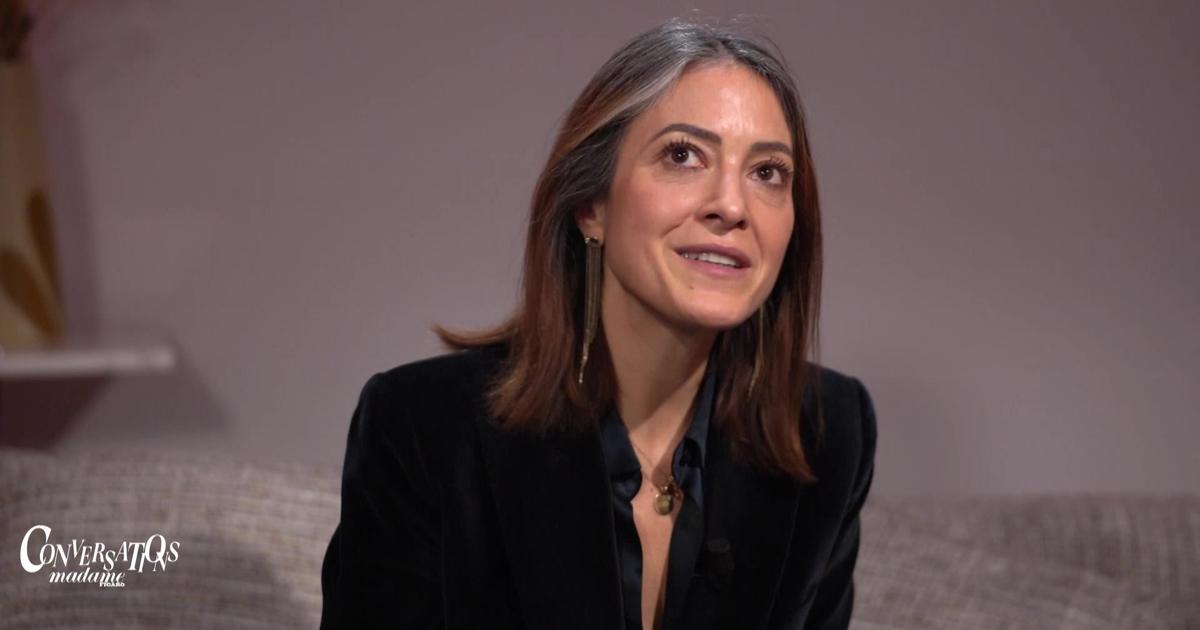


/cloudfront-eu-central-1.images.arcpublishing.com/prisa/S7ERVSCT4FUVX6R7TUVBDNTH5Y.jpg)



